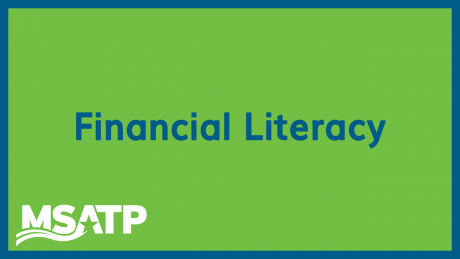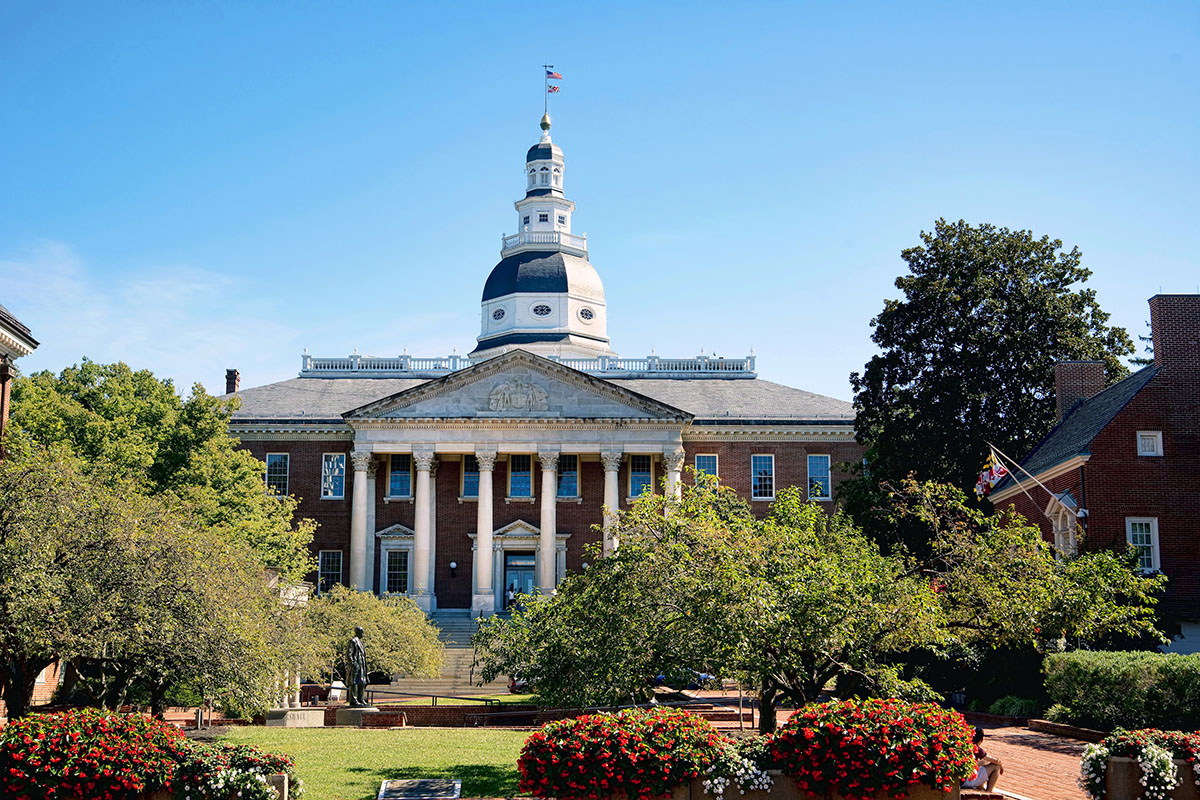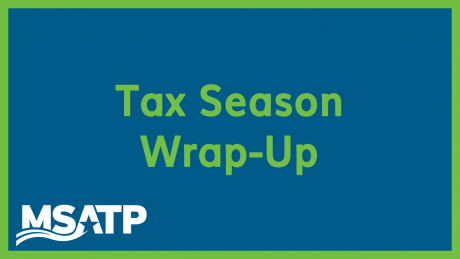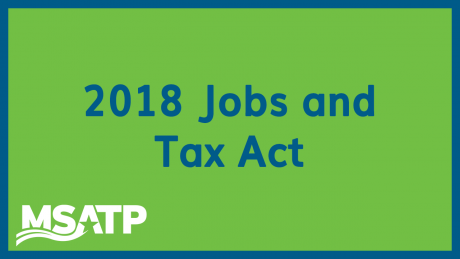
On last week’s edition, we welcomed Rich Gottfried, Second Vice President of the Society and Chair of the Young Professionals Committee, to discuss the all-important topic of Financial Literacy. We then discussed how the Maryland legislature is attempting to offer college financial savings options for Maryland taxpayers. Read on for a closer look at the segments on this week’s recap!
FINANCIAL LITERACY
April is Financial Literacy Month—a very important topic that the MSATP community is actively trying to promote at levels of the education system. We have been collaborating with other agencies, including the Maryland Coalition for Financial Literacy and the Maryland Council on Economic Education, to lay a solid financial foundation for the next generation of competent, confident and financially literate adults. For more information on what financial literacy entails, check out this great resource published by the Maryland Council on Economic Education! (http://www.econed.org/2018/02/1487/)
While financial literacy is a required course offering in some Maryland public schools, it is only a mandatory graduation requirement in Baltimore City Schools and seven other county school systems.
MSATP is working with the Maryland Financial Literacy Coalition to offer our member volunteers as guest speakers that meet with teachers from elementary to high school grade levels and deliver presentations to their classes that focus on financial literacy topics the teacher and member volunteer have selected. Ann Elliot, a long-time member of the Society and a current volunteer with the MSATP Financial Literacy Team, submitted some of her thoughts after a recent visit to Eleanor Roosevelt High School: “In December, I presented at Northwestern High School in Hyattsville…I started with how I’d begun working the accounting field, how I’d begun working for myself, and how long I’d been doing it. I discussed various career opportunities, the pros and cons of accounting and tax work, including hours, sitting at a desk for long hours, multi-tasking, and working within various organizations versus working for yourself.” Ann also offered some suggestions on how the financial literacy initiative might be improved in the future: “One take away would be that I think it might be helpful to have someone available for one on one meetings, questions and discussions with students that are sincerely interested. If during the career day programs, they allowed for some of us to be available to meet, the interested students may have an opportunity to drill down to their interests. In the classroom environment, it didn’t allow for more directed discussions without most of the class being excluded.”
MARYLAND’S NEW COLLEGE SAVING PROGRAMS
Maryland offers two great Sec 529 plans—the Maryland Prepaid College Trust and the Maryland College Investment Plan—that allow parents to save early for their children’s education while enjoying tax savings on their Maryland income tax return.
The State of Maryland and Maryland 529 are now teaming up to start a new initiative called The Save4College State Contribution Program. The plan, managed by T. Rowe Price, gives eligible taxpayers the opportunity to receive a one-time matching amount of $250. These funds can be applied to tuition at any U.S. college, technical or trade school and even international schools. To be eligible for the program, your tax client must meet the following criteria:
- Must be a Maryland resident
- The previous tax year’s taxable income must not exceed $112,500 as an individual or $175,000 jointly
- Must open a Maryland College Investment Plan or have opened an account after December 31, 2016
- Submit an application for the Save4College State Contribution Program prior to June 1, 2018 and make a minimum contribution to the investment plan between July 1 and November 1.
Here’s a closer look at the investment chart:
| Maryland Taxable Income | |||
| Individual | Joint | *Minimum Contribution | State Contribution |
| $49,999 or less | $74,999 or less | $25 | $250 |
| $50,000 – $87,499 | $75,000 – $124,999 | $100 | $250 |
| $87,500 – $112,500 | $125,000 – $175,000 | $250 | $250 |
You can apply to the program online here! (https://maryland529.com/MDMatch250)
Additionally, the MSA Scholarship Foundation offers scholarship opportunities for Maryland accounting students who are Maryland Residents. In 2017, the Foundation awarded 17 scholarships totaling $30,500. The Foundation will begin reviewing applications for the 2018-2019 Academic Year on June 15, 2018. If you know a current accounting student who might benefit, make sure you have them complete the on-line application by June 15, 2018! (www.msascholarships.org)
In case you missed it, you can find the full broadcast below and at https://www.youtube.com/watch?v=uXTBeAnhFJE&t=19s
That’s it for last week’s Facebook Live Recap! Be sure to tune in this Thursday for a presentation on Navigating the MSATP Website!
Not a member of our private MSATP Members Facebook Group yet? Click HERE to join!




